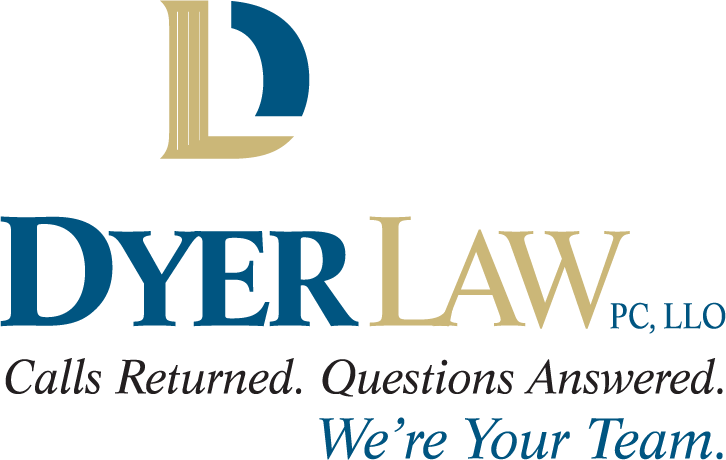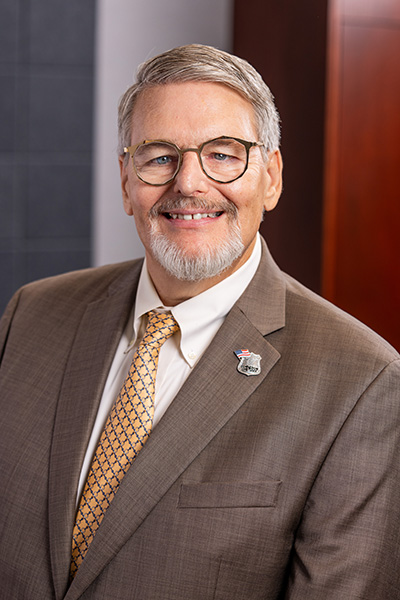Car accidents are inevitable, and they can happen to any driver. The sudden jolt can leave you shocked and unsure of what to do next. What you do after you’ve been involved in a car accident can affect how an injury claim is handled. Check out our tips to help guide you through the important steps you need to take—whether you’re at fault or not—for the accident!
- Immediately Stop Your Vehicle
- Check all drivers & passengers for injuries
- Get to a safer area
- Alert the police
- Exchange all drivers’ information
- Take photos of the accident scene
- Get examined by a medical professional
Immediately Stop Your Vehicle
When an accident occurs, take a deep breath and stop your vehicle immediately. Stopping the vehicle is critical because you don’t want to move any other evidence involved in the crash, which could potentially obstruct the police investigation. If you’re unable to stop the car, use the emergency brake.
Check All Drivers & Passengers For Injuries
After you’ve been involved in a car accident, you should immediately determine if you or any passengers have sustained any injuries. If so, call 911 to get first responders and police on the scene. If you’ve been seriously injured, try not to move and wait for emergency personnel to arrive. When you recover, contact Dyer Law if you need legal help to receive compensation.
Get to a Safer Area
If the vehicle you were driving is still operational, it’s best if you move off the roadway and into a safe place. Turn on your hazard lights to warn oncoming vehicles to take caution. If there appears to be a danger of explosion, get everyone out of harm’s way as quickly as possible.
Alert the Police
Whether the car accident is a minor fender-bender or a major collision, you should alert authorities. The responding officers will then fill out an accident report to document the severity of the scene. It’s best to not admit fault for the accident when you’re talking to the police. Also, an accident report filed by the police will help with the insurance claims process after the car wreck.
Exchange All Drivers’ Information
After you have made sure that you and any of your passengers are uninjured, you should exchange contact and insurance information with the other driver(s) involved in the accident. You’ll want to get as much information as you can, including:
- Full name and contact information
- Insurance company and policy number
- Driver’s license and plate number, as well as registration number
- Type, color, and model of the other vehicle
- A detailed description of each vehicle involved and insurance information
- Location of the accident
- Police report number
- Police officer’s name and telephone number
As a final measure when exchanging information, avoid discussing fault when going over the facts and information with the other driver.
Take Photos of the Accident Scene, Roadway, & Damage to Vehicles
To help protect yourself, it’s best to document the car accident. You should obtain a copy of the accident report from the police officers to help you file an insurance claim. Take pictures of both vehicles from different angles to show the damage done to both cars. You should also take photos of the roadway after the accident. If there are witnesses who saw the accident, make sure to write down their names and contact information.
Get Examined at the Hospital or By Your Primary Physician
Whether you’ve been injured or are feeling pain or discomfort, you should go to the hospital or see your primary physician to get examined. It may be a good idea to get checked out even if you feel fine after the accident. Your doctor will be in the best position to see if you’ve sustained any serious injuries in the accident.
Finally, in the event of an accident, there are a few things you should never do, including:
- Leaving the scene unless you need immediate medical attention.
- Discussing the accident with other drivers.
- Admitting fault.
- Agreeing to pay for any damages.
- Discussing your injuries with anyone until you have been examined by a doctor.
Have you been injured in an accident involving a motor vehicle and don’t know what to do next? Dyer Law is the trusted Vehicle Accident Law resource for you.

